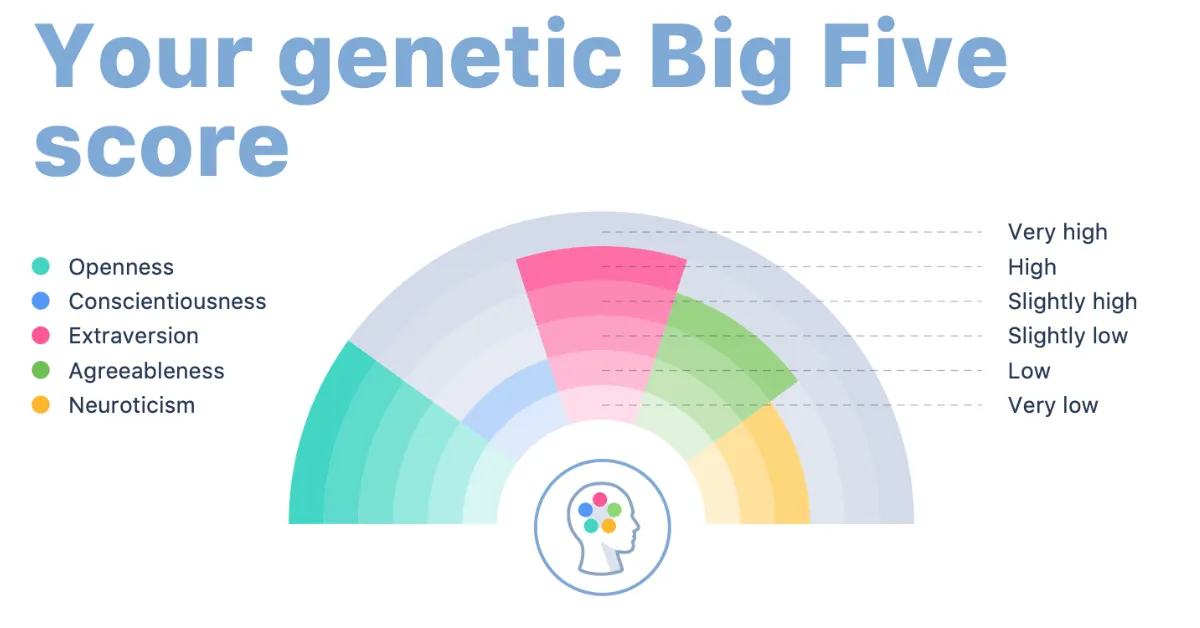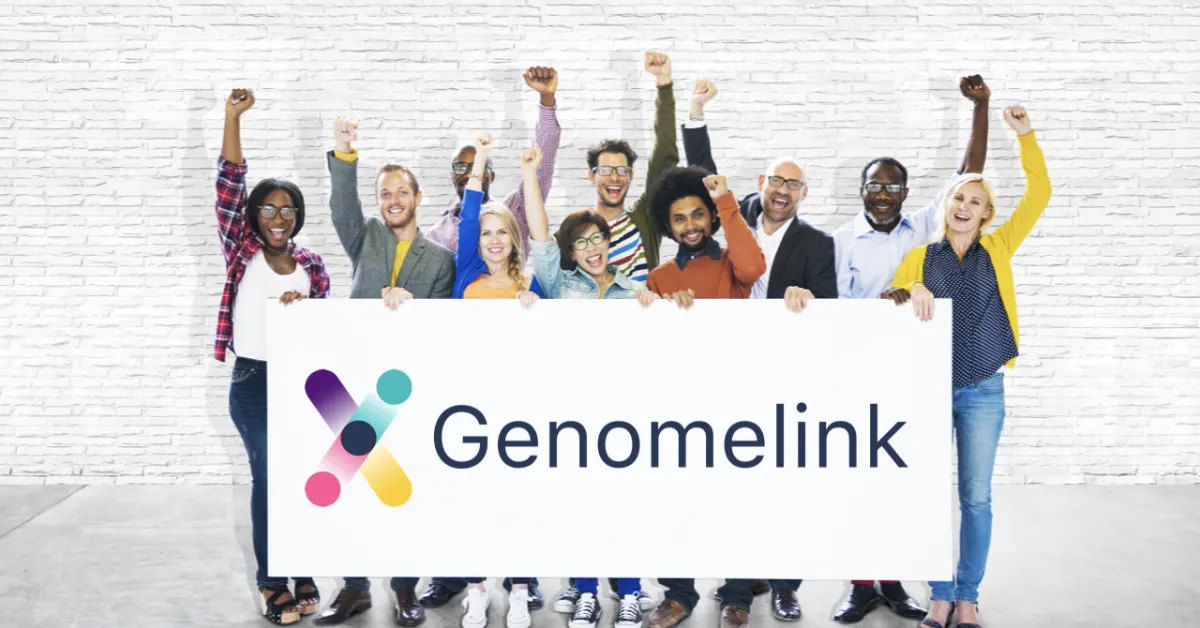You’ve come to the right site if you’ve ever taken a DNA test, are thinking about obtaining one, or are concerned about how organizations like Genomelink handle your personal information.
In this piece, we’ll look at how Genomelink uses user data and how DNA data is typically used. You’ll also learn whether Genomelink sells your data to third parties, how your data is stored and protected, and how Genomelink’s privacy rules differ from those of other DNA firms.
- Genomelink’s server is HIPAA-compliant, it does not utilize your DNA data without your explicit opt-in authorization, and you can delete your data from the site.
- Genomelink obtains user consent for each collaboration separately. In comparison, several major DNA companies require a one-time customer opt-in.
- Genomelink will only share your data with law enforcement if you explicitly consent to the collaboration or if obliged to do so by a valid court order, subpoena, or search warrant for genetic or personal information.
Contents
What Is The Purpose Of DNA Data?
Let’s start with the obvious: your DNA is one-of-a-kind. It is the genetic building block of life, and it is what defines you. It influences everything from eye color to disease risk — and everything in between.
As a result, many consumers are naturally concerned about how DNA testing companies gather, store, and use their DNA data. But what precisely are these testing companies doing with the DNA data of their customers? Should you be concerned?
To begin with, every major DNA testing company uses client data to produce a DNA analysis. An ancestral breakdown, an examination of health concerns, genealogical research, or qualities relating to diet, personality, and wellness could all be included.
Many corporations, however, have discovered additional ways to commercialize your DNA. While this isn’t necessarily bad (it’s one of the reasons companies can keep DNA tests so cheap), it raises concerns about who those companies are selling user data to and how those third parties are using that data.
Another way DNA test firms exploit or commercialize user data is as follows:
Law Enforcement: If you’ve ever seen a crime movie or TV show, you’re probably aware that DNA can be used to solve a crime (especially a “cold case,” as law enforcement demonstrated dramatically in 2018 when they used the genetic site GEDmatch to arrest a suspect in the “Golden State Killer” case). While many websites, like Genomelink, collaborate with organizations that utilize DNA to solve cold issues, most demand express agreement before using a user’s DNA data. Just ensure you properly read consent documents before consenting to use a DNA test service.
Scientific Research: Genomicists are finding long-lost truths about our shared human history and unlocking solutions for previously “incurable” diseases. And they couldn’t do it without a massive database of DNA data. However, legitimate worries remain about how this data is collected and used (especially by for-profit corporations). So, for any DNA testing service you are considering, carefully read the Privacy Policy and Terms of Service.
Product Development: All DNA testing companies use client DNA data to improve and refine their products (Genomelink does, too!). However, some DNA testing organizations sell user data to other companies and corporations, and when they do, your data is subject to the privacy policies of those companies.
Before you run for the hills, remember that the data sold in approximately 100% of these situations is anonymized and aggregated, which means your name and most other identifying features cannot be tracked back to your DNA data.
Understandably, some people are still unwilling to accept this level of risk. However, there are also significant disparities in how corporations handle client privacy and data protection.
How Genomelink Makes Use Of Your DNA Data?
We believe in complete transparency at Genomelink. Users will know exactly what we’re doing with their personal information this way. So here’s what you should know:
1. Genomelink collects user information to conduct DNA analysis.
Simply put, Genomelink cannot conduct DNA analysis without your DNA data.
2. Genomelink collaborates with third parties.
Genomelink has collaborated with several other research institutions and organizations. However, we will always ask you to explicitly consent to share your personal information with any of our partners. If you have any concerns about providing your data, read through their privacy policies and terms and conditions (legally, once we share your data with a third party, it is subject to their privacy agreements).
The following are Genomelink’s three promises:
- We will NOT share your data with any public databases without your specific opt-in authorization.
- We shall NOT give any individual’s data (genetic or non-genetic) to an insurance company or employer.
- We will NOT give information to law enforcement or regulatory agencies unless we are forced by law to do so in response to a valid court order, subpoena, or search warrant for genetic or personal information.
Regarding Technology, we have penned an article. You can view the links in the following links:
- How To Download Tech Nukti Gold Zip Lock Screen App?
- What Chapter Does Zoro Defeat King? Never Ending Motivation
How Secure Is Your Data When Using Genomelink?
Genomelink goes above and above to ensure the safety and security of your DNA data.
- HIPAA-compliant security: Our server is configured by the Health Insurance Portability and Accountability Act (HIPAA), the federal-level security guidelines for preserving protected health information.
- No secondary data use: We will not use or sell your DNA data without your explicit opt-in authorization (see below for further information).
- Delete your data whenever you want: You can delete your data from our server at any moment. We fully respect and support your right to control your data.
Visit dailyrealtime.com to stay current on new technological advancements and other information.





